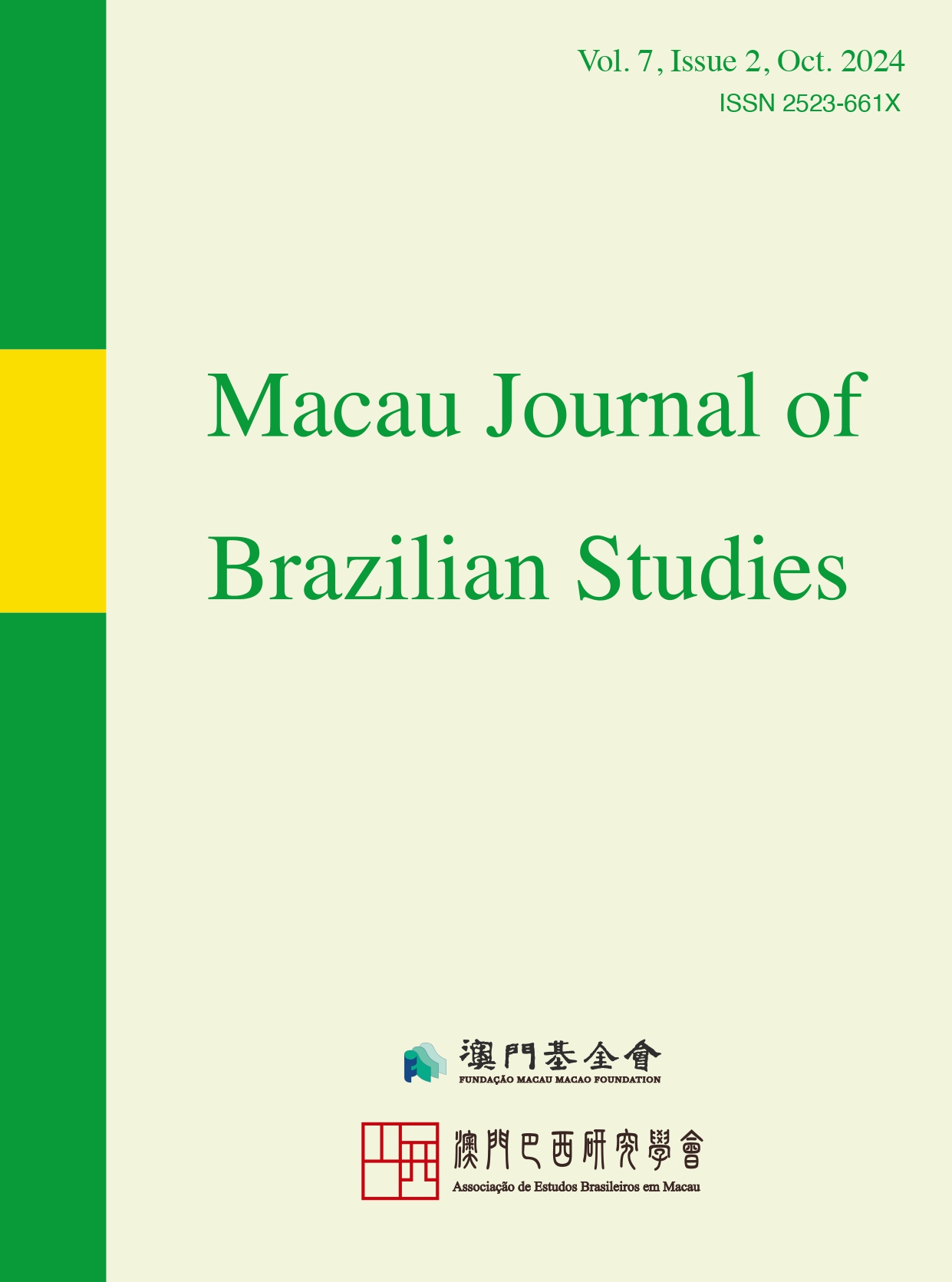The law that regulates the defense of competition is extremely important for the economy of countries and especially for the different markets, economic agents and consumers, as it acts strongly preventively in the analysis of acts of concentration and repressively in anti-competitive conduct and abusive actions by economic agents. Through the actions of the Administrative Council for Economic Defense/CADE, Competition Law plays an essential role in guaranteeing and observing the constitutional principles of free competition and free enterprise, in the search for full employment and the economic well-being of consumers. Compliance with Competition Law, and the adequate performance of CADE, acting effectively in the repression of anti-competitive conduct and in the prevention of abusive concentrations, guarantees and provides a healthy competitive environment, so that the more competitive it is, the greater the incentives for economic agents to invest in technology and innovation, improving the quality of products/services offered, in addition to reducing prices and increasing of purchasing/choice options for consumers. In this sense, it is important that the competent authorities enable and guarantee means for CADE to act effectively and continuously, always observing the principles of impartiality and technical capacity.
Brazil on disarmament and non-proliferation
The Federative Republic of Brazil has a deep commitment to nuclear disarmament, non-proliferation and for the fissile materials control, which is reflected in its current participation in several international treaties and regimes for the control, non-proliferation and prohibition of nuclear weapons. This commitment has evolved as part of Brazil's foreign policy over the years, moving from military nuclear ambitions in the late 1970s to the signature of the Treaty on the Prohibition of Nuclear Weapons in 2021. This article aims to showcase the country's successful journey on this front, particularly by delving into the key international treaties on nuclear control and disarmament to which Brazil is currently a party. The present paper is developed in a dialectic methodological approach between the conservative military lens and humanitarian perspectives in Brazilian foreign policy
Comments about agrotech, compliance and the general data protection law (LGPD)
This article makes a brief analysis of startups and also the commercial relations of Agribusiness in Brazil with the international market, that is, it demonstrates the importance of technology and innovation for the Brazilian agribusiness industry, therefore, the analysis of agrotechs. In addition, it investigates the legal and legislative instruments in data protection, since the LGPD and all the provisions determining penalties in companies for breach of the Law itself are in place. It also addresses data compliance and self-regulation, key tools for businesses, applications and startups.
Match-fixing in Brazilian football and the legal liability before sports organisation entities
On the basis of the increase in the practice of online betting on sporting events, there has been a concomitant vulgarisation of the phenomenon of match-fixing in football. With the aim of combating these acts and the harmful effects caused, state legislation and the codes and diplomas of sports governing bodies have started to make provision for this practice, seeking to act preventively and, if necessary, to remedy it. This scenario includes the recent judgements that have been handed down in sporting organisations, with the aim of protecting the integrity of competitions and sanctioning agents who seek to damage the world's most popular game.
Member dispute and responsibility for paying the refund
This article analyzes issues of corporate law, in particular, situations relating to the partial dissolution of a company and the company's responsibility for paying the refund of shares to the withdrawing or excluded partner.
This article provides a concise overview of judicial payment orders against Brazilian State entities, with a primary focus on the precatórios regime outlined in Article 100 of the Federal Constitution. The mandatory constitutional character of the precatórios regime dates back to the first XIX Century Constitution in Brazil. Designed to uphold equitable treatment of government creditors, this regime mandates that payments of government debt arising from court judgements or arbitral awards take place in a chronological order. State entities created under private law are, as a rule, do not benefit from the precatórios regime. Some court-ordered government payments may be exempted from the precatórios rule or qualify as priority payment under the precatórios regime, such as smaller value payment orders and payment orders relating arising from employment relationships and public pensions. Creditors of the Brazilian government’s judicially recognized debts will be required to initiate enforcement proceedings before Brazilian state courts in order to obtain precatórios and safeguard their place in the corresponding payment line—these proceedings should comply with the civil procedure rules applicable to enforcement of payment orders against the Fazenda Pública. Effective payment of the amounts reflected in precatórios should comply with the requirements of article 100 of the Constitution and other substantive rules. Despite recent constitutional amendments raising concerns about delays on the payment of precatórios, the precatórios regime renders precatórios an appealing securitization option, sometimes as a long-term investment, due to their mandatory nature guaranteed by the Brazilian Constitution. The tradeability of precatórios introduces flexibility in the regime, providing creditors with options to choose between eventual full payment (with some delay) and expedited compensation through third-party sales (with some discount).
Good life, equality and solidarity in a globalized world: repercussions at environmental law
This paper discusses the concepts of good life starting from the Greek legacy until equality and solidarity values in the contemporary world, before implications of a hegemonic global market and current environmental problems. The main purpose is to present the environmental ills before the globalization phenomenon and, starting from the identification of community and global issues, promote a proposal for paradigm shift which recognizes fundamental values to rescue the concept of good life and, through the practice of good habits achieve the ideals of life quality presented in the Federal Constitution. Therefore, the research is based on the deductive method.

